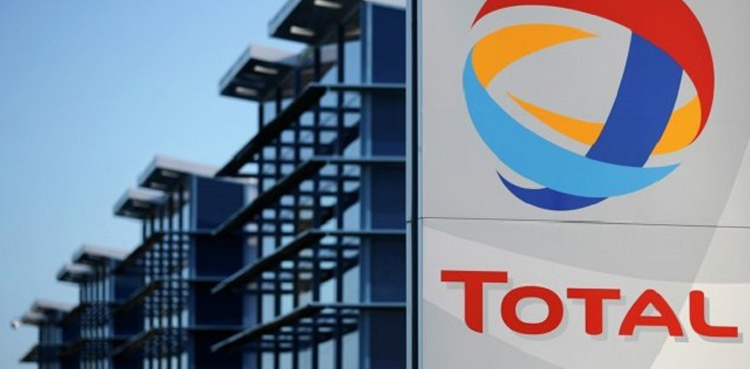HRW says TotalEnergies oil project a disaster for Ugandans

NAIROBI: Human Rights Watch on Monday urged a halt to a major East African oil project led by French giant TotalEnergies, warning of dire consequences for the environment and local communities.
TotalEnergies and the China National Offshore Oil Corporation signed a $10-billion agreement last year to develop Ugandan oilfields and ship the crude through a 1,445-kilometre (900-mile) pipeline to Tanzania’s Indian Ocean port of Tanga.
The East Africa Crude Oil Pipeline (EACOP) has run into strong opposition from rights activists and environmental groups, and faced legal action in France and criticism in the European Parliament.
TotalEnergies says those displaced by the project have been fairly compensated for their land, while measures have been taken to protect the environment.
But HRW says the mega-project will irreparably harm fragile ecosystems, and alleges that some of the 100,000 people expected to be displaced by its development have been poorly treated.
Researchers conducted over 90 interviews in March and April this year, including with 75 displaced families, many of whom said they had received delayed or inadequate compensation.
Others told HRW they were pressured into selling their land.
“EACOP has been a disaster for the tens of thousands who have lost the land that provided food for their families and an income to send their children to school, and who received too little compensation from TotalEnergies,” said Felix Horne, senior environment researcher at HRW.
“EACOP is also a disaster for the planet and the project should not be completed.”
Rights violations
Farmers told HRW they went into debt waiting years for compensation, with campaigners documenting 37 cases where children were allegedly forced to drop out of school because their families could not pay fees.
Some signed compensation agreements in English, a language they couldn’t read, while others told researchers “the presence of government and security officials at public meetings contributed to an aura of intimidation”, HRW said.
One 79-year-old man said: “In my heart I said no, but because I thought government would be hard on me, I gave in and signed.”
Those who refused to sign said they faced pressure from company representatives as well as harassment from local government and security officials.
Uganda’s President Yoweri Museveni has vowed to proceed with the project despite the European Parliament calling for it to be delayed over “rights violations”.
The Strasbourg-based institution has raised concerns over the wrongful imprisonment of activists opposed to the project, and the eviction of people from their land without adequate compensation.
Five Ugandan and French aid groups as well as 26 Ugandans sued TotalEnergies in Paris last month for reparations over alleged human rights violations at two of its mega-projects in the country, including EACOP.
In a June 15 letter to HRW, TotalEnergies said it had offered fair compensation and will “continue to pay close attention to respecting the rights of the communities concerned”.
Museveni has hailed the project as a major economic boost for the landlocked country, where many live in poverty.
from ARY NEWS https://ift.tt/R84yc2j
Comments
Post a Comment